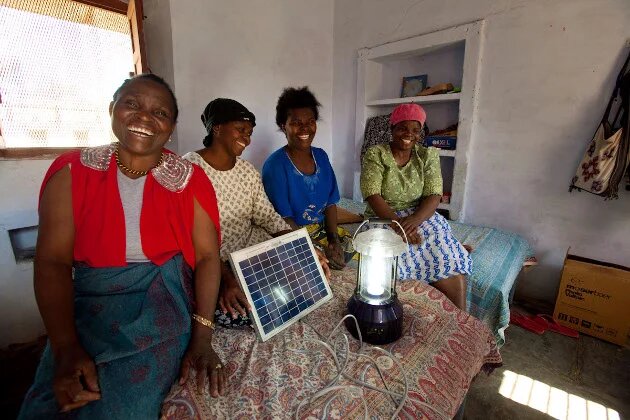
The Rio + 20 Conference ‘The Future We Want’ took place in Rio de Janeiro, Brazil in June 2012. It was organized to take stock of what results have been achieved since the original United National Conference on Environment and Development (UNCED), otherwise referred to as the Earth Summit, in 1992, and to address present and future challenges that are undermining sustainable development. Twenty years ago, the Earth Summit and its outcome document, Agenda 21, fueled an optimism that led to a decade of UN conferences, including the UN Beijing Conference on Women in 1995, and world summits of the 1990’s. In 2000, governments reaffirmed their commitment to sustainable development by adopting the Millennium Declaration in 2000 and the Millennium Development Goals (MDGs), which were important indicators and benchmarks to achieve sustainable development goals.
Women’s groups were critical of the Conference because it failed to make a stronger link between women’s rights and the environment, and to bring more women experts and activists into the official dialogue and meeting structure. While feminist ecology and gender and sustainable development were central to the Earth Summit and its Agenda 21,they were barely visible in the official Rio + 20 agenda.
That said, leaders did agree to establish a post-2015 development agenda that is more comprehensive and people-centered. They generally expressed their support for human rights values, equality and sustainability in a global development agenda. They also acknowledged that gender violence is one of the worst forms of inequality and discrimination. And they committed to develop Sustainable Development Goals (SDGs) that, in theory, will build on the Millennium Development Goals, making them more relevant to today’s challenges. Herein lies an opportunity to strengthen the international development paradigm, and within that to ensure women’s rights, gender equality and sustainable development are prioritized.
This paper analyses the role gender equality plays in the post-Rio+20 process for a new development agenda centered around a set of SDGs. It looks at proposals and efforts to integrate gender equality and women's rights into efforts to define the SDGs and argues that a new global women's coalition of committed advocates and women's rights activists to focus more aggressively on governance and policy reform in the post-2015 development agenda, particularly on macro-economic policy reform.
Click here to download the publication (14 pp, PDF, 472 KB)

